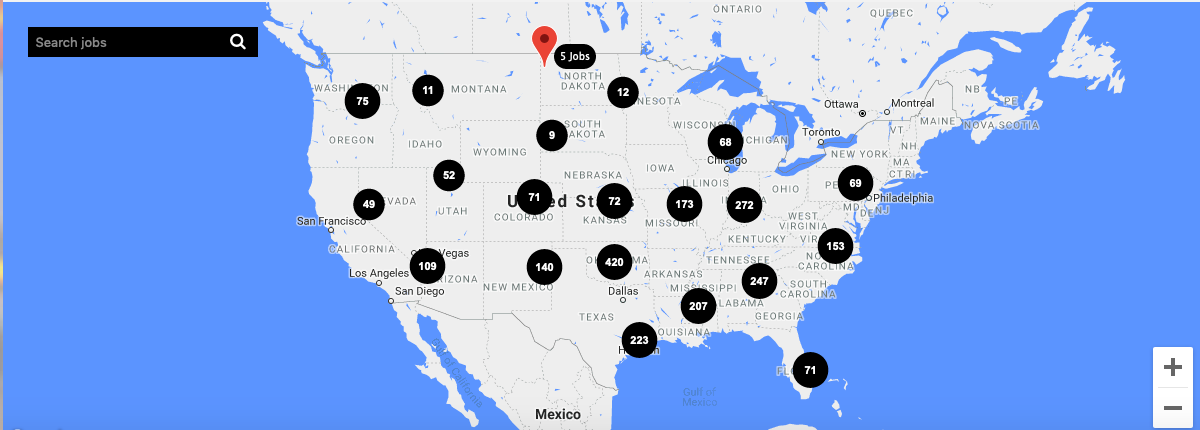
Find Career Candidates
Learn The Story Behind Mapertunity
Learn the story behind the revolutionary job search and candidate finder system – Mapertunity, a new way to search for jobs and candidates.
Subscribe to Our Blog and Receive Notifications About Jobs and Career Advice.

Learn the story behind the revolutionary job search and candidate finder system – Mapertunity, a new way to search for jobs and candidates.

Should you hire an independent contractor or a full-time employee? Read this article to find out the best way to handle your personnel matters.

When weighing the pros and cons between attitude and capability, what should a hiring manager do? This article can help you decide on your priorities.